Building muscle requires a combination of consistent resistance training, adequate rest, and proper nutrition. Among these, protein intake plays a crucial role as it provides the building blocks for muscle repair and growth. The amount of protein you need can vary based on several factors including your age, sex, weight, physical activity level, and specific muscle-building goals. In this blog, we’ll explore general guidelines for protein intake and how to optimize it for muscle building.
1. Recommended Dietary Allowance (RDA)
The Recommended Dietary Allowance (RDA) for protein is set at 0.8 grams of protein per kilogram of body weight per day (g/kg/day) for sedentary adults. This baseline is intended to prevent deficiency and maintain basic bodily functions. For example, a sedentary person weighing 70 kilograms (154 pounds) would require approximately 56 grams of protein per day. However, this amount is typically insufficient for those looking to build muscle.
2. Protein Needs for Athletes and Active Individuals
For individuals who are regularly engaging in moderate to intense physical activity, including resistance training or bodybuilding, higher protein intake is beneficial. Such activities increase the body’s demand for protein to support muscle growth and repair. Recommendations for active individuals often range from 1.2 to 2.2 g/kg/day. This wide range accounts for the varying intensities and durations of exercise. For instance, a person weighing 70 kilograms who is highly active might need between 84 and 154 grams of protein per day.
3. Protein Intake for Muscle Building
When the goal is specifically muscle hypertrophy (growth), higher protein intake is typically required. Studies suggest that consuming between 1.6 to 2.2 g/kg/day is optimal for muscle growth. This higher intake ensures that your muscles have enough protein available for repair and growth after the stress of resistance training. For example, a 70-kilogram individual aiming to build muscle might target 112 to 154 grams of protein daily.
4. Distribution of Protein Intake
Even distribution of protein intake throughout the day is crucial for maximizing muscle protein synthesis. This means consuming protein-rich meals or snacks every 3-4 hours. Including protein around your workouts is particularly beneficial, as it helps repair and rebuild muscle tissues. A practical approach could be to divide your total daily protein requirement into several meals and snacks. For instance, if your goal is 150 grams of protein per day, you might aim for five meals/snacks each containing around 30 grams of protein.
5. Quality of Protein Sources
Not all protein sources are created equal. High-quality protein sources provide essential amino acids that the body cannot produce on its own. These amino acids are necessary for muscle repair and growth. Focus on incorporating a variety of protein-rich foods such as:
- Lean meats (chicken, turkey, lean beef)
- Fish and seafood
- Eggs
- Dairy products (milk, yogurt, cheese)
- Legumes (beans, lentils, chickpeas)
- Plant-based proteins (tofu, tempeh, quinoa, soy products)
Diverse protein sources not only provide essential amino acids but also offer other vital nutrients that support overall health.
6. Individual Variation in Protein Needs
Individual responses to protein intake can vary significantly. Factors such as metabolism, genetics, and overall dietary habits influence how much protein your body needs and how effectively it utilizes it. Some people may thrive on the lower end of the protein intake spectrum, while others may require the higher end to see significant muscle gains. Consulting with a registered dietitian or a nutritionist can provide personalized insights and recommendations based on your unique needs and goals.
Conclusion
Building muscle effectively requires a holistic approach that includes adequate protein intake tailored to your individual needs. Understanding the general guidelines and adjusting them based on your activity level, goals, and personal response can optimize your muscle-building efforts. To determine your specific protein needs, consider consulting with a registered dietitian or nutritionist. They can help you develop a personalized plan that supports your muscle growth and overall health.
For personalized fitness tips, coaching, and tailored training programs, visit our website. At 50plustraining.com, we specialize in helping individuals achieve their health and fitness goals, including muscle building and weight management. Explore our exclusive offers and start your journey to a stronger, healthier you today!
📲 Exclusive Offers:
- 2 FREE Training Sessions: https://mailchi.mp/a4a06588b51d/2-free-sessions
- Pain Free Formula For Over 50 By Luis Guerra: https://mailchi.mp/9df3a9825e6b/luis50plustrainingcom
📞 Contact Us:
- Phone: 914-552-1179
- Email: luis@50plustraining.com
- Website: www.50plustraining.com
- Location: Yorktown, NY 10598
